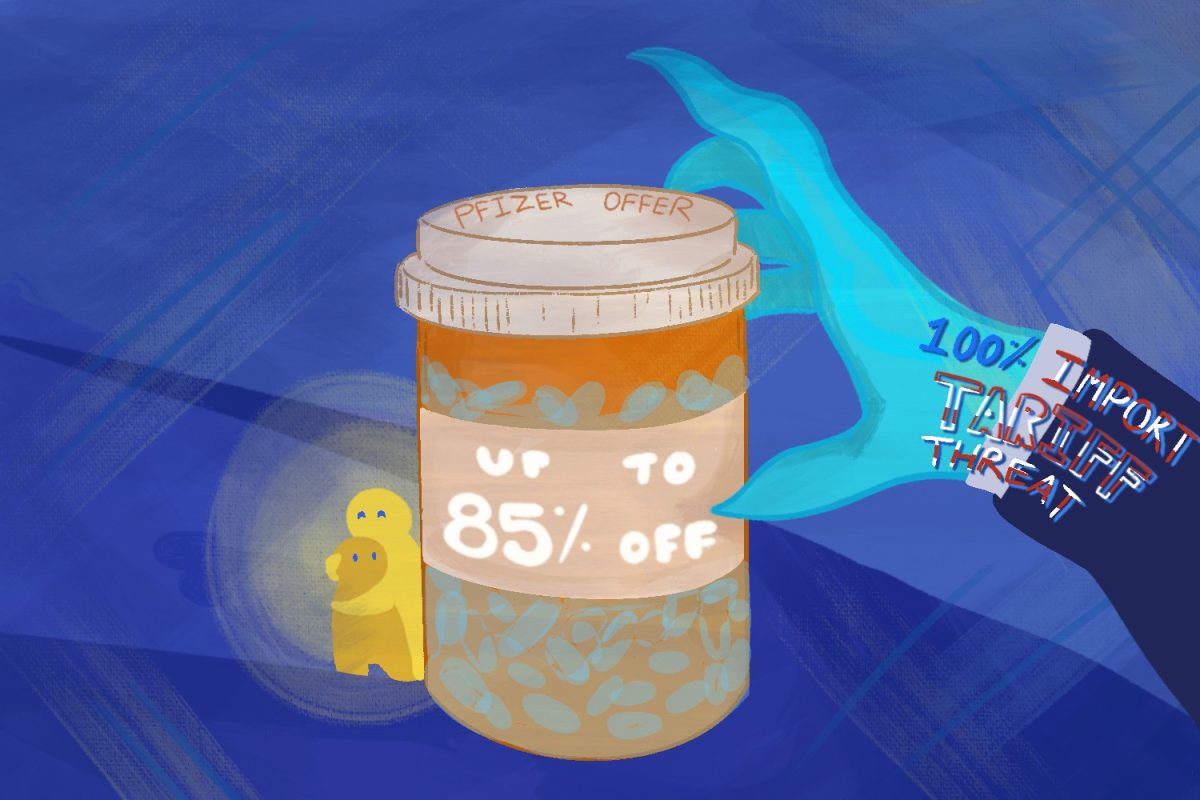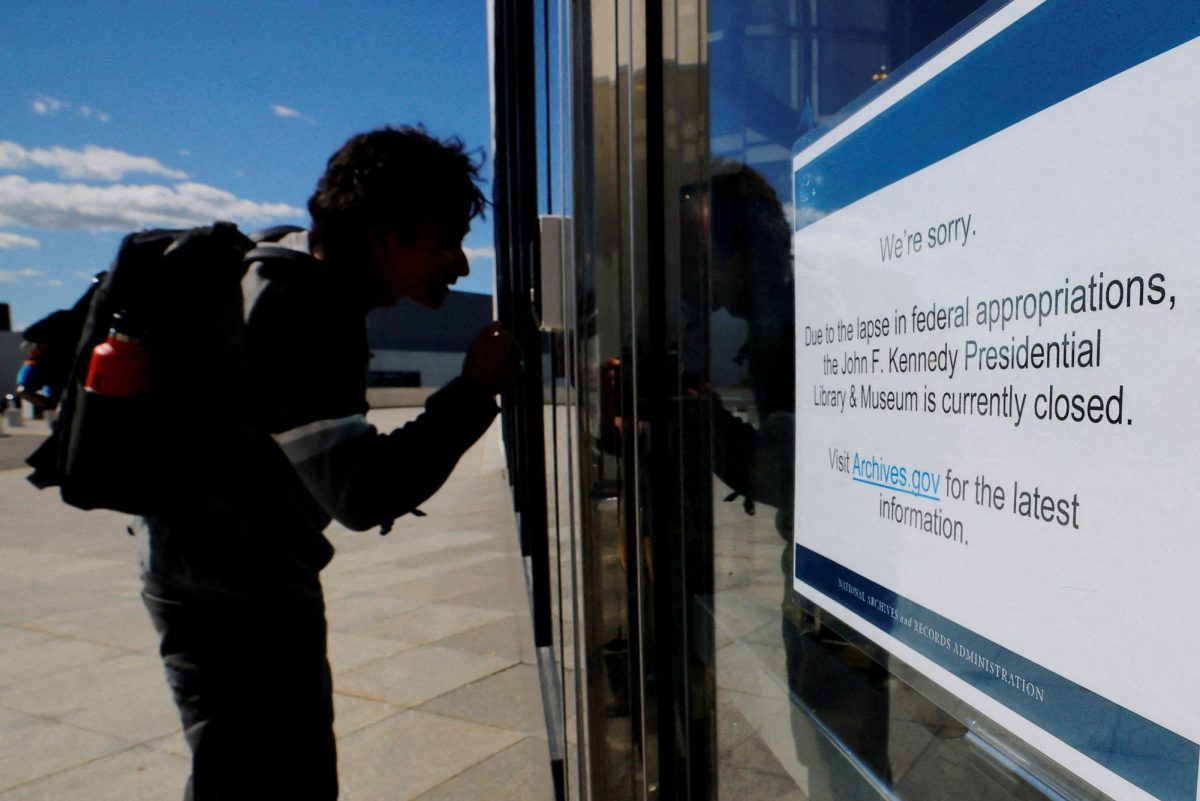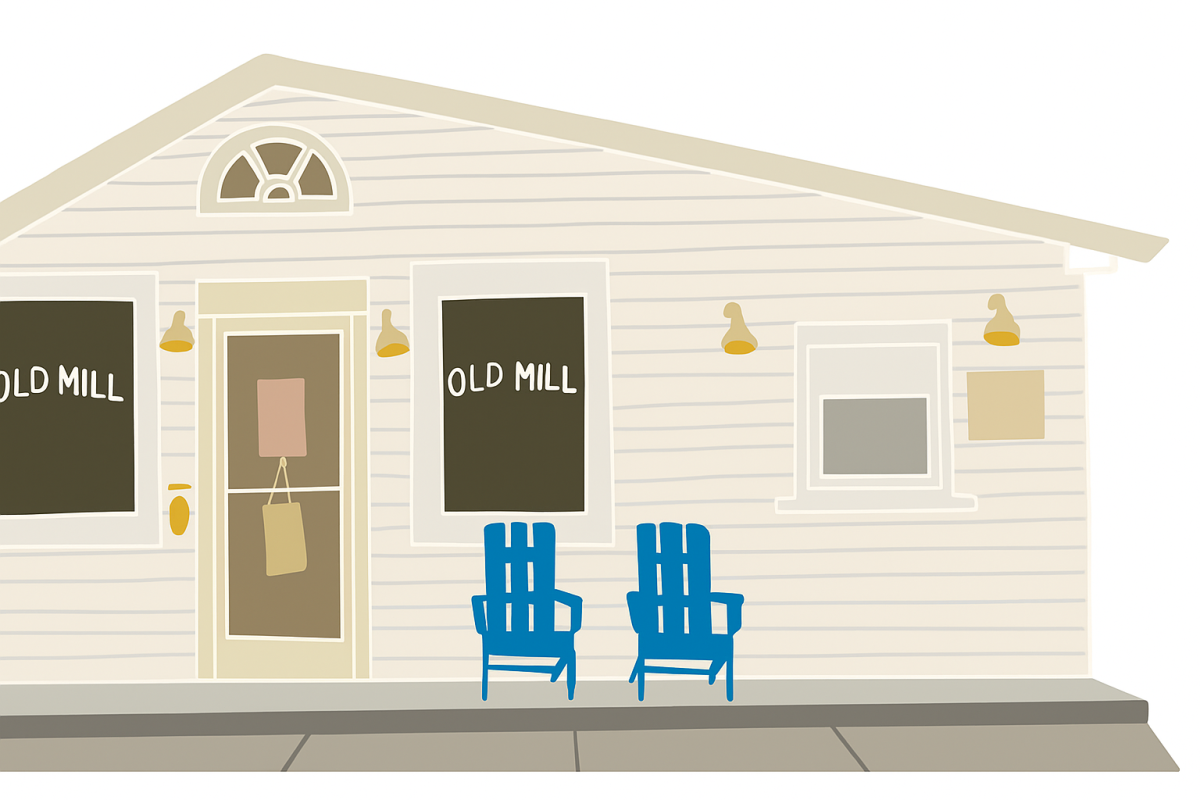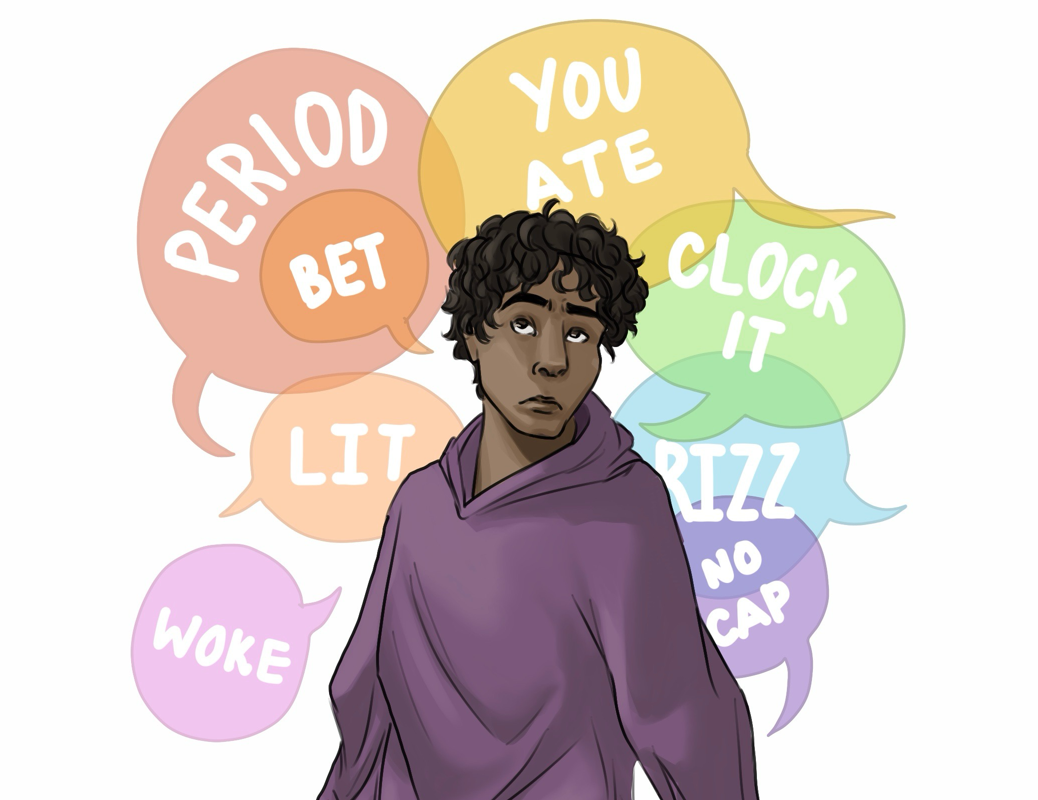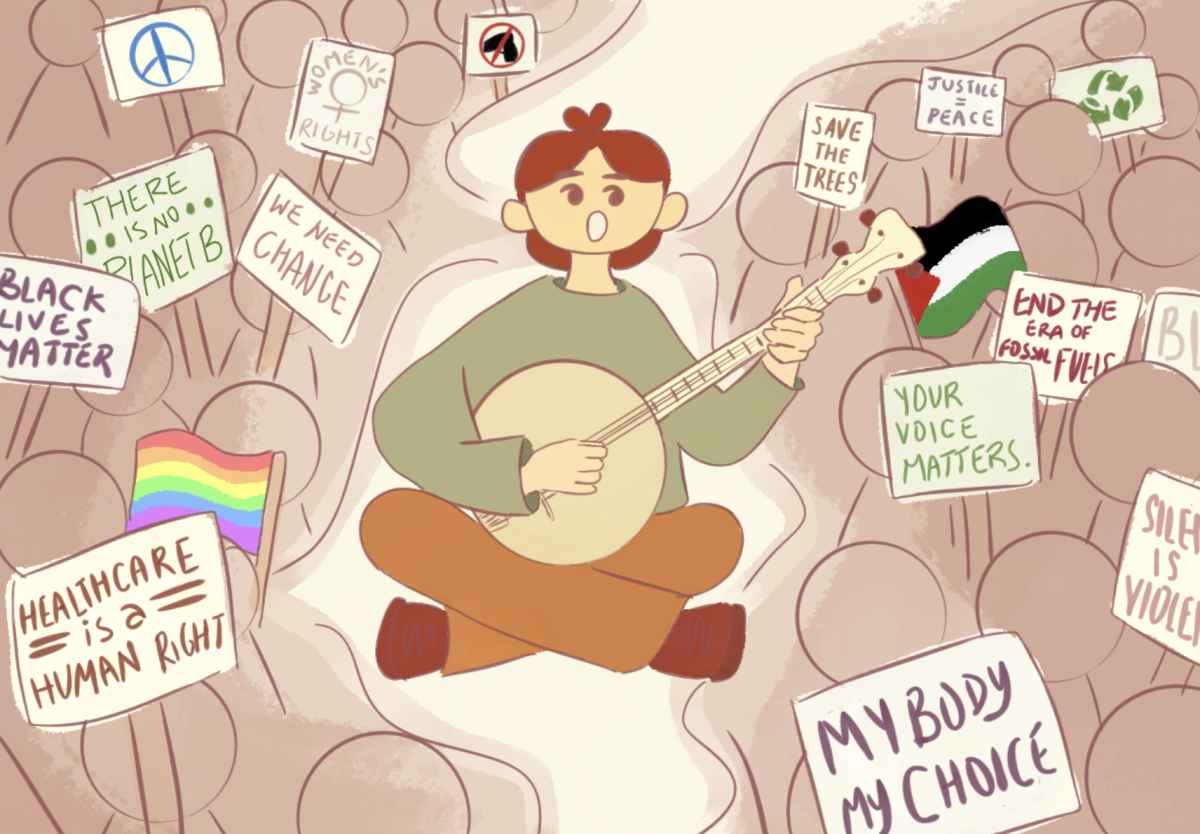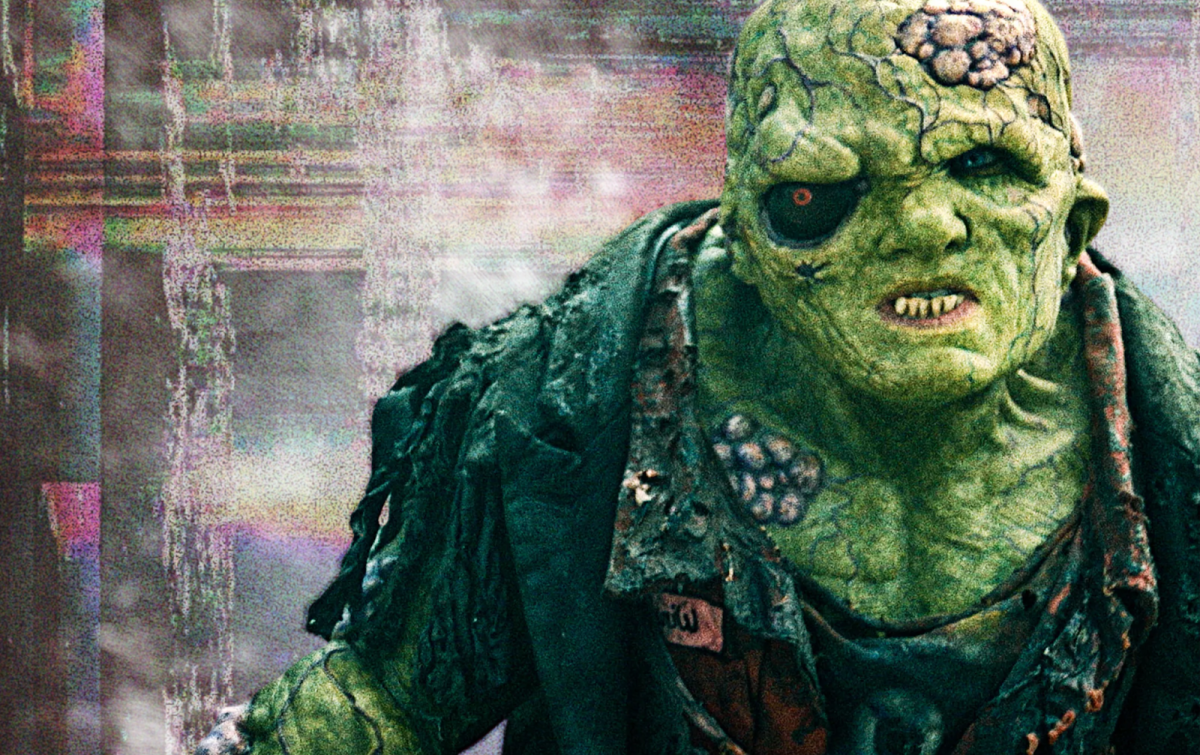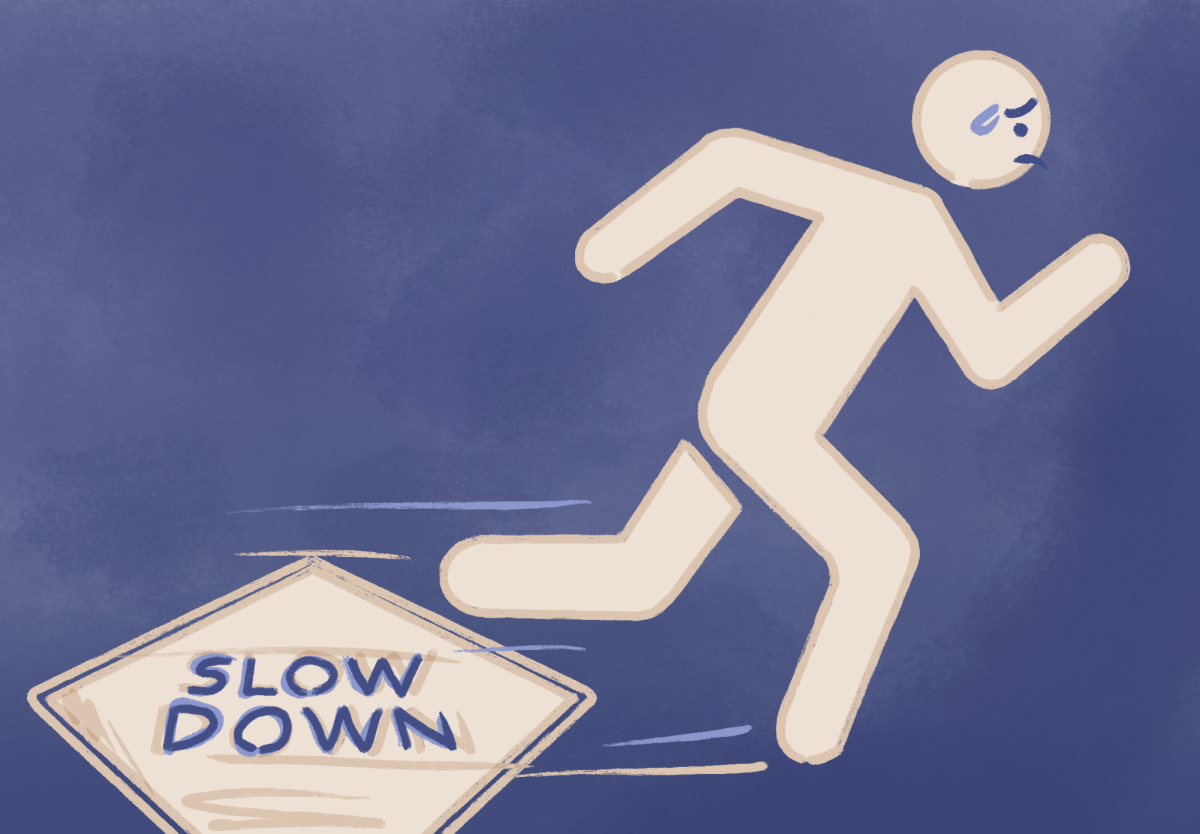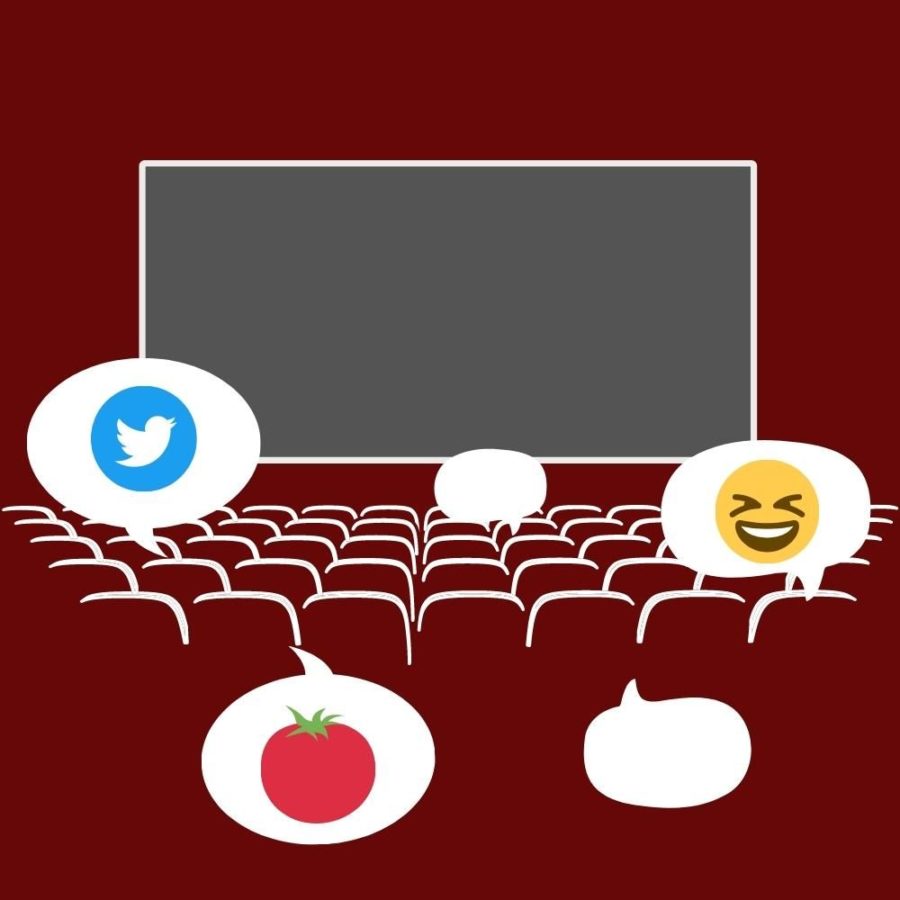About the Buzz: How the Era of Hate-Watching is Influencing Media
Jae Jepsen
As criticism and memes about a show go viral, more people choose to watch it so they can add to the storm of hatred.
February 15, 2023
The days of consuming quality media for enjoyment are long past, and a new age of entertainment is upon us: the hate-watch.
What does it mean to hate-watch something? To put it simply, hate-watching is the phenomenon in which huge masses of people watch something for the sake of making fun of it. Numerous shows are mocked for poorly written scripts, unlikeable characters, plot inconsistencies and more.
The worse the media, the more fun to tear into pieces, and the greater sense of community it creates. As criticism and memes about a show go viral, more people choose to watch it so they can add to the storm of hatred.
Increasing traction that comes from hate-watching frequently leads to the wild success of subpar and often bad media. “He’s All That,” the 2021 reboot of the ‘90s classic “She’s All That,” is one example of a movie popularized for its poor quality. In its first month on Netflix, the film garnered 55 million views, yet gained only a 22% audience rating on Rotten Tomatoes.
Critic Randy Myers described the movie as, “uninspired, inconsistent and uninteresting,” yet it spurred thousands of tweets and landed star Addison Rae a multi-picture deal. Freshman Aisha Marrar was a hate-watcher, who watched the movie only because of its overwhelmingly negative feedback, “It was so bad I had to literally force myself to watch it.” She eventually turned it off before she could finish.
Another example of the success of hate-watch shows is the third season of “Emily in Paris,” which landed on Netflix in December and became an immediate hit despite its general failure among critics. Focusing on an American girl who has moved to Paris, the show is riddled with cliches and stereotypes. Hate-watchers picked up on this quickly, pointing out both noticeable and minute problems and voicing their dislike for the main character Emily.
The attention paid off, allowing it to quickly rise to the Top 10 shows in over 90 countries. Less than a month after its release, it overtook blockbusters such as “Stranger Things” and “Wednesday” to become the most viewed show ever on Netflix. “Emily in Paris” has been renewed for a fourth season.
This phenomenon isn’t uncommon. Movies like “Tall Girl” (2019) and “The Kissing Booth” (2018) have gone on to earn sequels after inspiring such buzz, and the infamously terrible “Riverdale” has had six seasons made.
For movie writers and producers, the age old adage, “any publicity is good publicity,” rings true. As long as people are talking about bad movies and television and watching them, more subpar media will be made, sometimes even taking the place of more deserving projects. Marrar has noticed this trend, “Some really good movies have sequels, but a lot more bad ones do.”
Junior Willa Samuelson enjoys hate-watching, and sees it as a bonding experience. “At one point a whole group of my friends watched the first Twilight movie together at a sleepover, and we had to stop every few minutes because we were laughing so hard,” she explained. To Samuelson, the movies are attractive mostly for their absurdity. “For me it has the same appeal as a comedy, it’s just funny.”
Other than the enjoyment and community that people may derive from hate-watching, it has other mental effects. Criticizing bad movies and TV might be cathartic in a world where we have relatively few outlets. Rather than sending hate comments or being rude to real people, people can insult media, projecting negative energy onto something other than themselves.
On the flip side, hate-watching too frequently might add to increased pessimism in the real world. When we zero in on the negative aspects of TV, it makes us more inclined to point out the bad aspects of our lives as well. If people only expose themselves to bad media or find themselves only able to point out the flaws with a piece, they may need to take a step back and refrain from hate-watching.
It’s clear that the introduction of the “hate-watch” has undeniably and irrevocably changed the way media is produced. The point of most movies isn’t to win awards or critical acclaim, but rather, to create a stir—and sometimes the worst movies do that the best. As long as people talk about it, something is considered a success, meaning that the public has huge amounts of sway in what continues being made.
This story was originally published on Spartan Shield on January 30, 2023.


